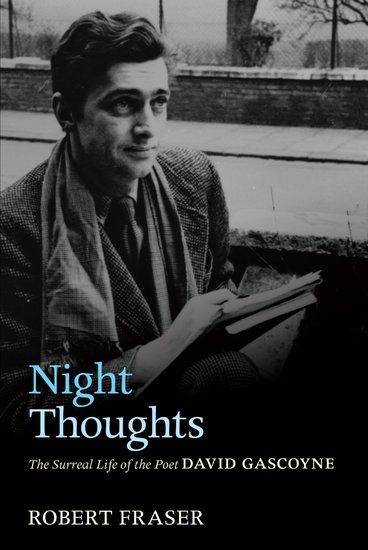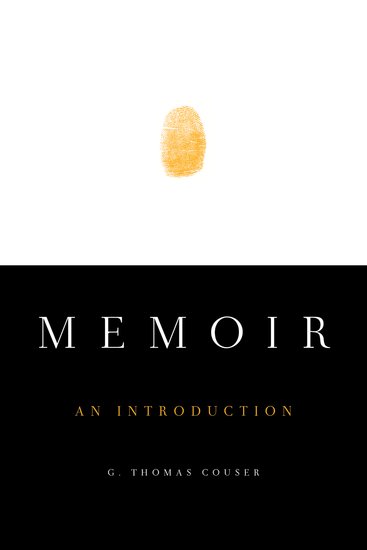Alexander II Becomes Czar of Russia
This Day in World History
When his father, Nicholas I, died of pneumonia, Alexander Nikolayevich Romanov succeeded to the throne of emperor of Russia, becoming Czar Alexander II. While his 36-year rule was marked by substantial reforms, it was also dogged by unrest and several assassination attempts.



















